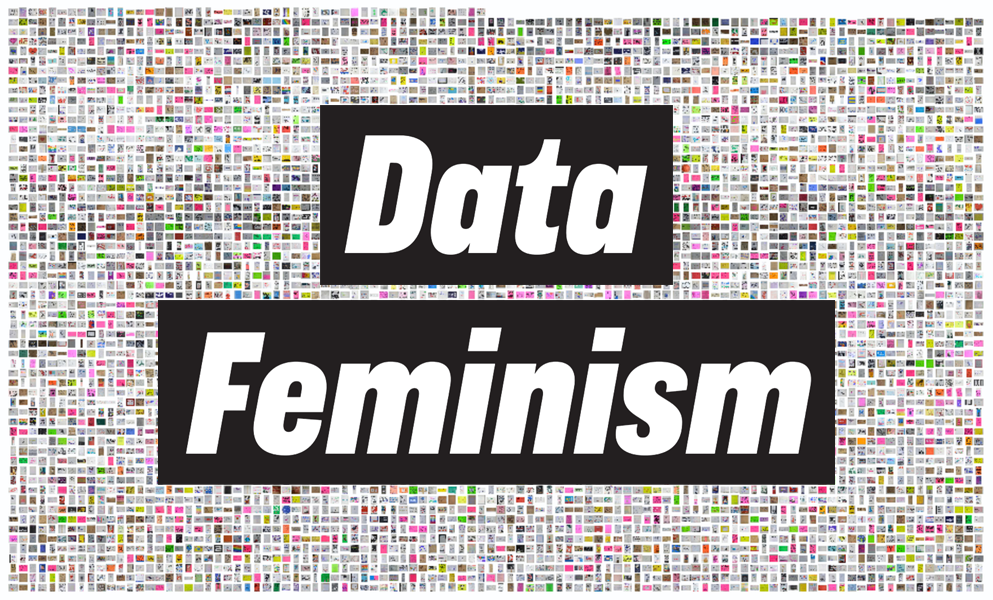“Data feminism asserts that data are not neutral or objective. They are the products of unequal social relations, and this context is essential for conducting accurate, ethical analysis.”
Key Terms
Big Dick Data – a formal term that denotes big data projects that are characterized by patriarchal, cis-masculinist, totalizing fantasies of world domination as enacted through data capture and analysis
Knowledge infrastructure – an ecology of people, practices, technologies, institutions, material objects, and relationships; the context that makes data possible
Open data – the idea that anyone can freely access, use, modify, and share data for any purpose
Zombie data – a term that refers to datasets that have been published without any purpose or clear use case in mind
“Context-hop” – a term that refers to creatively mining and combining data to produce new insights, and work across diverse domains
Contextual analysis of social media – a “deep listening” method that researcher Desmond Patton develop to help student coders mitigate their own biases and get closer to the intended meeting of the tweets that they were analyzing
Subjugated knowledge – the forms of knowledge that have been pushed out of mainstream institutions and the conversations that they encourage
Datasheets for datasets – short three- to five-page documents that accompany datasets and outline how they were created and collected, what data might be missing, whether pre-processing was done, and how the dataset will be maintained…
Data user guides – documents that describe the purpose and application of the data; the history, the format, and standards; the organizational context, other analyses and stories that have used said dataset; and the limitations and ethical implications of said dataset.
